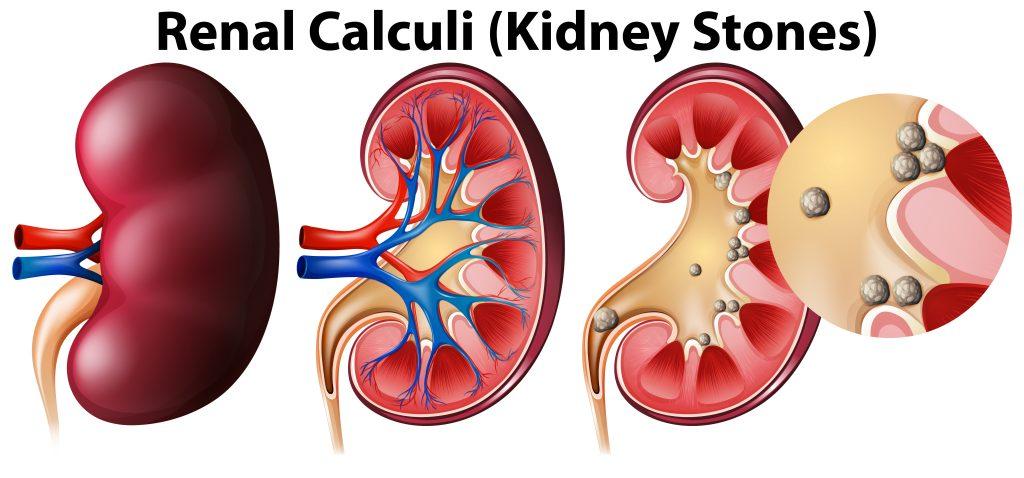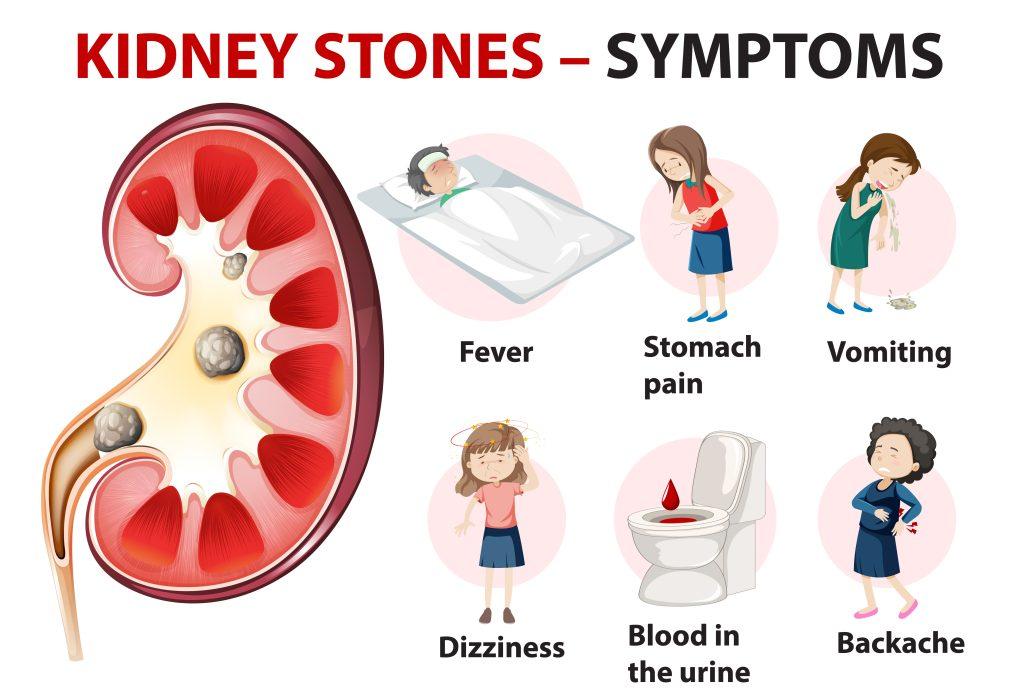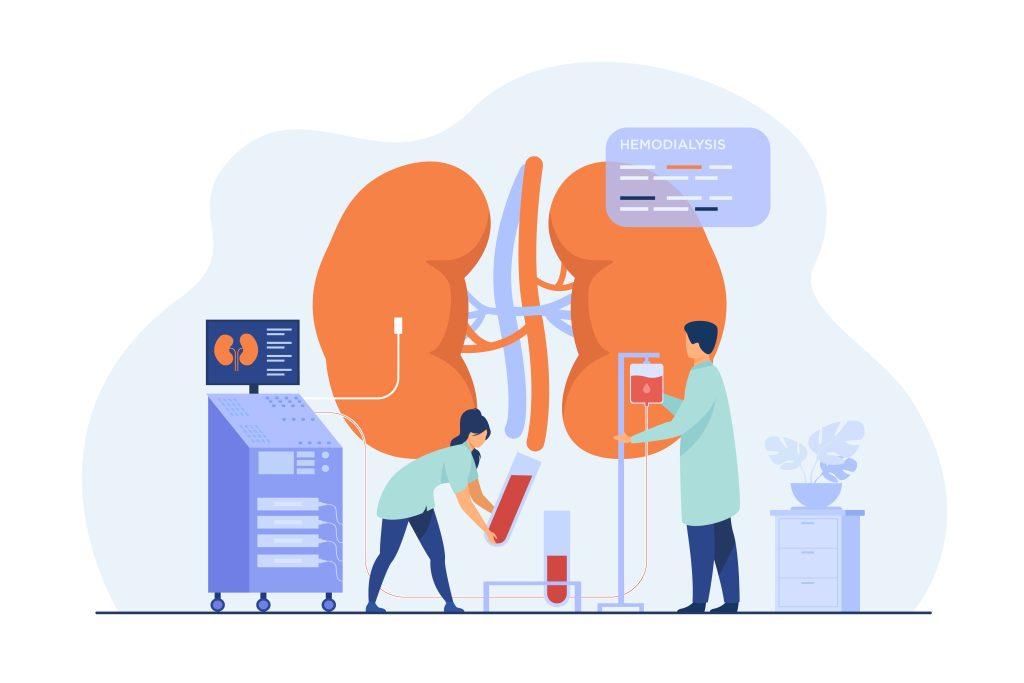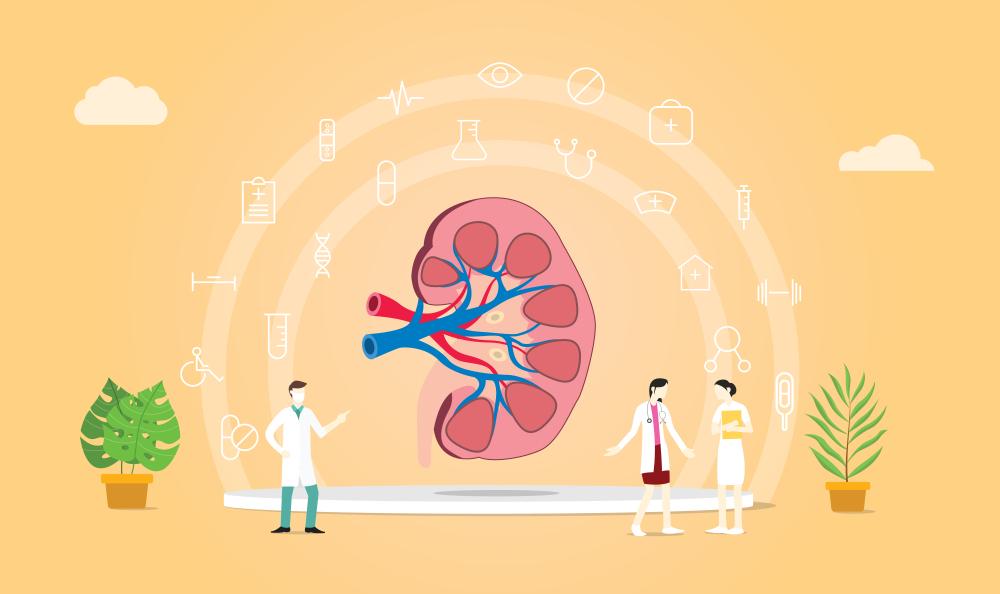Millions of individuals throughout the world suffer from the painful and unpleasant condition of kidney stones. For people who want to avoid, manage, or just learn more about this prevalent health issue, understanding kidney stones is crucial. The importance of accuracy and precision in medical coding cannot be overstated. Assigning suitable ICD-10 (International Classification of Diseases, 10th Edition) codes to diverse medical disorders, including kidney stones, is one of the fundamental components of medical coding. Moreover, Healthcare professionals, medical coders, and anybody else working in the healthcare sector must fully understand the ICD-10 codes for kidney stones.
Kidney stones are more common in men than in women. About 11% of men and 6% of women in the United States will get kidney stones at some point in their lifetimes. Furthermore, In this comprehensive guide, we will delve into every aspect of kidney stones, from their causes and symptoms to prevention and treatment. We will also break down the key information you need to know about the ICD-10 codes related to kidney stones, providing clarity and insights to ensure accurate coding and billing practices. In addition, By the end of this article, you’ll be well-equipped to deal with kidney stones or help someone who is going through this challenging experience.
What are Kidney Stones?

Kidney stones, also known as nephrolithiasis, are hard deposits that form in the kidneys. These stones can vary in size, from tiny grains to golf ball-sized obstructions. They are primarily composed of minerals and salts, and their development can cause excruciating pain when they obstruct the urinary tract.
Types of Kidney Stones
Furthermore, There are several types of kidney stones, each with its unique composition. The most common types include:
Uric Acid Stones
Calcium Oxalate Stones
Struvite Stones
What are the Causes of Kidney Stones?
Understanding the causes of kidney stones is the first step in preventing them. Here are the key factors that contribute to their formation:
- Diets high in oxalate, calcium, and certain proteins can increase the risk of kidney stone formation.
- Inadequate fluid intake can lead to concentrated urine, making it easier for minerals to crystallize and form stones.
- Family history can play a role, as some people are genetically predisposed to kidney stone formation.
- Conditions like urinary incontinence including tract infections, gout, and certain metabolic disorders can increase the risk.
- Some medications can contribute to stone formation. It’s crucial to discuss this with your healthcare provider if you are on long-term medications.
Symptoms of Kidney Stones
Kidney stones often go unnoticed until they move into the urinary tract, causing significant discomfort. Moreover,Common symptoms include

- Intense Pain
- Blood in Urine
- Frequent Urination
- Nausea and Vomiting
- Fever and Chills
What are Kidney Stone ICD-10 Codes?
In the world of medical coding, the International Classification of Diseases, 10th Edition (ICD-10), plays a pivotal role. Kidney stones are classified under certain codes in this system, making it easier for healthcare professionals to document and track cases. Let’s delve into some of the most important codes related to kidney stones:
⭐Calculus of kidney N20.0
This code is used to identify the presence of a kidney stone. Healthcare providers need to use this code accurately when diagnosing kidney stones in patients.
⭐Calculus of ureter N20.1
When kidney stones move from the kidney to the ureter, this code is utilized. It distinguishes the location of the stone within the urinary system.
⭐Calculus of kidney with calculus of ureter N20.2
Sometimes, patients may have both kidney and ureteral stones simultaneously. This code helps healthcare professionals document such cases.
⭐Calculus of urinary tract, unspecified N20.9
When the specific location of the stone is unclear or not documented, this code serves as a general classification for kidney stones.
Benefits of Proper Coding
Moreover, Accurate coding of kidney stones using ICD-10 codes is crucial for several reasons:
- Proper coding ensures that healthcare providers receive accurate reimbursements for their services, preventing revenue loss.
- Accurate coding helps in providing appropriate treatment to patients with kidney stones, as it aids in tracking the condition’s prevalence and severity.
- These codes are instrumental in medical research, enabling scientists to study the epidemiology of kidney stones and develop better treatment options.
Treatment Options for Kidney Stones

The treatment of kidney stones depends on their size and location, as well as the individual’s overall health. Treatment options include:
- Making dietary adjustments, staying hydrated, and adopting a healthier lifestyle can help prevent the formation of kidney stones.
- Certain medications may be prescribed to manage pain and facilitate the passage of smaller stones.
- For larger stones or those causing severe symptoms, surgical interventions such as lithotripsy or stone removal may be necessary.
Final thoughts
Understanding ICD-10 Codes for Kidney Stones is vital for healthcare professionals to ensure accurate billing, effective patient care, and valuable medical research. Properly coded data helps in diagnosing and treating kidney stone cases efficiently. Remember to stay updated with the latest code revisions and guidelines to maintain accuracy in your healthcare practice.
Why choose Zee Medical Billing?
Experience seamless medical documentation and precise ICD-10 coding for Kidney Stones with Zee Medical Billing. Our expert team ensures accuracy, compliance, and peace of mind, so you can focus on what matters most – patient care. Elevate your healthcare practice with Zee Medical Billing today!
Frequently Asked Questions
Yes, if a patient has kidney stones in both the kidney and the ureter, multiple codes can be assigned, such as N20.0 and N20.1.
Yes, accurate coding of the stone’s location is crucial for proper diagnosis and billing. It helps in determining the most suitable treatment.
Yes, ICD-10 provides codes for complications, such as infections or obstructions caused by kidney stones. These codes are essential for complete documentation.
ICD-10 codes are updated annually to reflect changes in medical terminology, technology, and understanding of diseases.
Some natural remedies, such as increasing fluid intake and consuming lemon juice, may help prevent kidney stone formation, but they are not a guaranteed cure.





